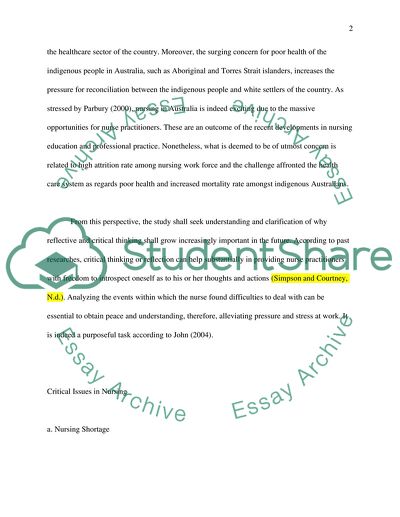Cite this document
(“Why Reflective Practice Shall Increase in Importance in the Future Essay”, n.d.)
Retrieved from https://studentshare.org/nursing/1558203-the-impact-of-reflective-practice-on-promotion-of-critical-thinking-in-nursing
Retrieved from https://studentshare.org/nursing/1558203-the-impact-of-reflective-practice-on-promotion-of-critical-thinking-in-nursing
(Why Reflective Practice Shall Increase in Importance in the Future Essay)
https://studentshare.org/nursing/1558203-the-impact-of-reflective-practice-on-promotion-of-critical-thinking-in-nursing.
https://studentshare.org/nursing/1558203-the-impact-of-reflective-practice-on-promotion-of-critical-thinking-in-nursing.
“Why Reflective Practice Shall Increase in Importance in the Future Essay”, n.d. https://studentshare.org/nursing/1558203-the-impact-of-reflective-practice-on-promotion-of-critical-thinking-in-nursing.


